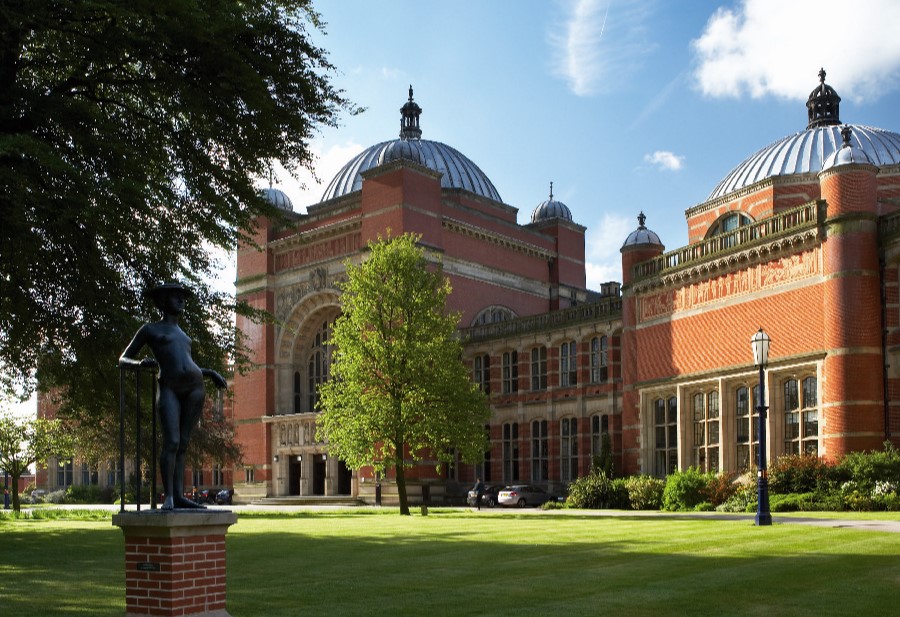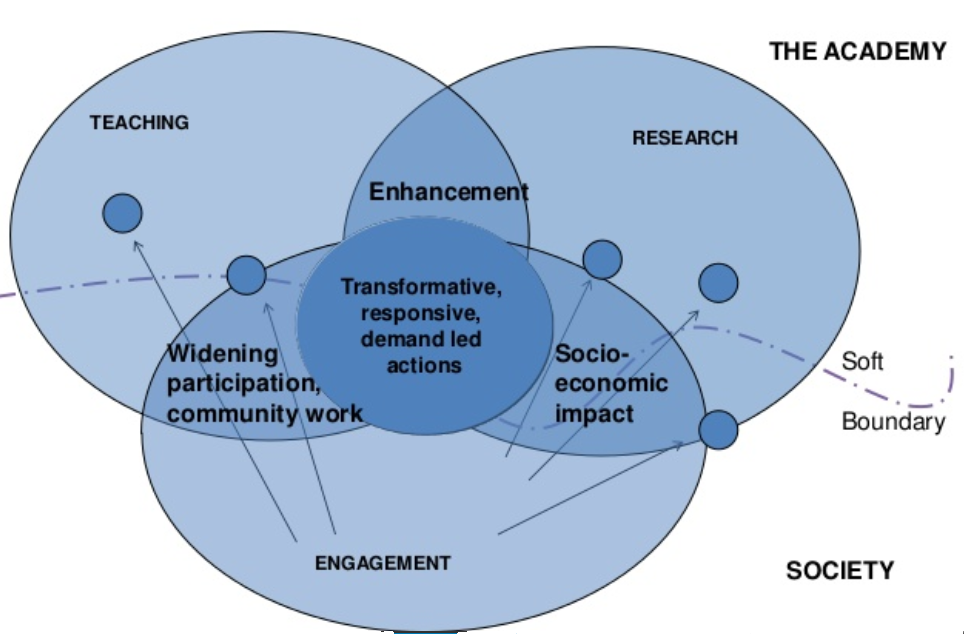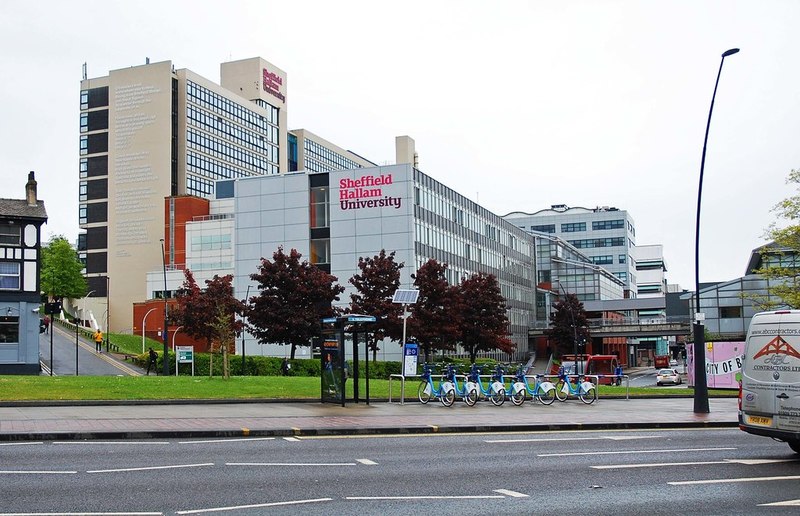 I joined City-REDI / WM REDI in a very different world to the one in which universities are now operating and which is having and will have a profound effect on how we work with our cities and regions. It is therefore important that groups like City-REDI / WM REDI contribute their analytical capacity to guide universities and their partners in their immediate response and in planning how to work together after the crisis in rebuilding local economies and communities. In many respects, the civic university movement in which Birmingham is a key player is now more relevant than ever.
I joined City-REDI / WM REDI in a very different world to the one in which universities are now operating and which is having and will have a profound effect on how we work with our cities and regions. It is therefore important that groups like City-REDI / WM REDI contribute their analytical capacity to guide universities and their partners in their immediate response and in planning how to work together after the crisis in rebuilding local economies and communities. In many respects, the civic university movement in which Birmingham is a key player is now more relevant than ever.
Everyone will be aware of the contributions individual universities experts and laboratories have been making to the tackling the crisis. But the institutional responses has been more muted as universities, like most organisations, have been focussing on the immediate impact on their core business of teaching – like the cancellation of university exams and A-levels on recruitment. Universities with medical schools have been supporting students they have graduated earlier to start working immediately in the NHS. Going forward many already facing the loss of overseas student fees are now beginning to worry about what could happen to their finances if they cannot open up in September – there could be major failures in places where a university is a key anchor institution. Not surprisingly, some leading institutions are opposing a cap on student recruitment designed in part to stave off the financial failure of those that normally struggle to fill places as the more successful hoover up students.

This focus on the biomedical science and teaching overlooks the role that the social sciences and humanities can play in advising universities and their local communities on rebuilding after the crisis. The West Midlands is fortunate in having just that research and intelligence capacity available in City-REDI / WM REDI. Big questions that we need to address include:
- How to mobilise the global knowledge of the academy around economic and community development to the needs of potentially a very different world?
- How to reconfigure established practises of university/business collaboration for a world in which global business logics and value systems may change?
- How to reinvent university business models including metrics that are grounded in global competition to one based on collaboration and trust across the whole education system locally, nationally and globally?
- How to embed the civic role of a local anchor institution into the policy and practises of the institution and its partners including supporting the reconstruction work of community and voluntary organisations?
How these questions are addressed needs to be set in the context of the phasing of the response. This is because immediate actions will influence how partners may wish to work with universities going forward. Civic Universities as a group will be judged by:
- How they are helping co-ordinate activity across key ‘anchor’ institutions and contributing their expertise and evidence to inform understanding by civic partners of the economic and social consequences of the coronavirus event;
- At both local and national level how they contribute to the scoping out and monitoring of policies in a complex setting where health and resilience considerations take precedence and economic and social policies geared towards immediate mitigation and supporting targeted groups; and
- How lessons are shared from one institution and from one place to another, without placing any additional (data gathering) burden on HEIs or civic partners in the emergency context when both universities and civic partners have their own pressing responsibilities to take care of.
The recently established The Civic University Hub at Sheffield Hallam University Hub to support the UK’s network of Civic Universities has City-REDI /WM REDI as one of its partners with the capacity to advise on these matters. More specifically we will focus on how universities can help regional/local economies bounce back from the shock but in a more resilient, more inclusive and more productive way of working.

As the President of the Regional Studies Association, Professor Ron Martin has said in a message to members:
“It is very unlikely when the pandemic is over that social and economic life will simply return to its pre-pandemic state – nor should it: how we organise our lives and our social and economic systems will need to be rethought. The importance of properly funding health and social services, of reducing social and spatial inequalities in incomes and welfare, of reorganising supply chains and productions systems to make them less geographically fragmented and less fragile, of making future economic growth both more inclusive and sustainable, these all, it is to be hoped, will become key imperatives of policy innovation. What is certainly clear is that the impacts and consequences of the current crises will vary not only between countries but also within them, between regions, cities and localities, thereby elevating the need for policies that incorporate explicit initiatives that are sensitive and specific to individual places”.
But this is just not a matter of economic development. All over the country Local Authorities, the third sector and communities are setting up community assistance hubs, co-ordinating and signposting to offers of help, providing support to individuals and recruiting and training volunteers. The coronavirus crisis is creating new found social connections and networks of care to get us through this initial crisis and it is important that we recognise and find ways to hold onto an build on these connections.
For their part, Civic Universities are well placed to support the community organisations that are in the front line in the crisis and who can support civil society in the longer term. How they do that will vary from place to place, but the key principles outlined in the A Call to Action for a Better Way, can guide Civic Universities develop their plans for local collaboration. Those principles are: sharing power with communities, changing practises to help people thrive and just not cope, changing organisations to focus on communities and solutions and developing collaborative leadership to achieve systemic change.
This is not just a challenge for the UK. The University of Birmingham is a leading member of a new network that unites 7 diverse universities and 102 associate partners drawn from 7 distinct regions of Europe that focus on well-being. EUniWell is an action-oriented response to well-being, grounded in research expertise, educational leadership and civic engagement. It will take an integrated systems-thinking approach to deliver a meaningful and sustainable step-change to the well-being of institutions, staff, students, and societies. In partnership with societal stakeholders, and working across the knowledge-education-innovation axis, the network will play a critical, intermediary role in shaping research-based policy and pedagogy to inform decision-making, underpin skills development, and realize a measurable impact on European citizens’ quality of life. This will be even more important in the recovery phase from the crisis.
In summary, Civic Universities are well placed to contribute to long-term global, national and local responses to the crisis.
This blog was written by John Goddard, Professor of Universities and Cities, City-REDI / WM REDI, University of Birmingham.
Disclaimer:
The opinions presented here belong to the author rather than the University of Birmingham.
To sign up for our blog mailing list, please click here.
